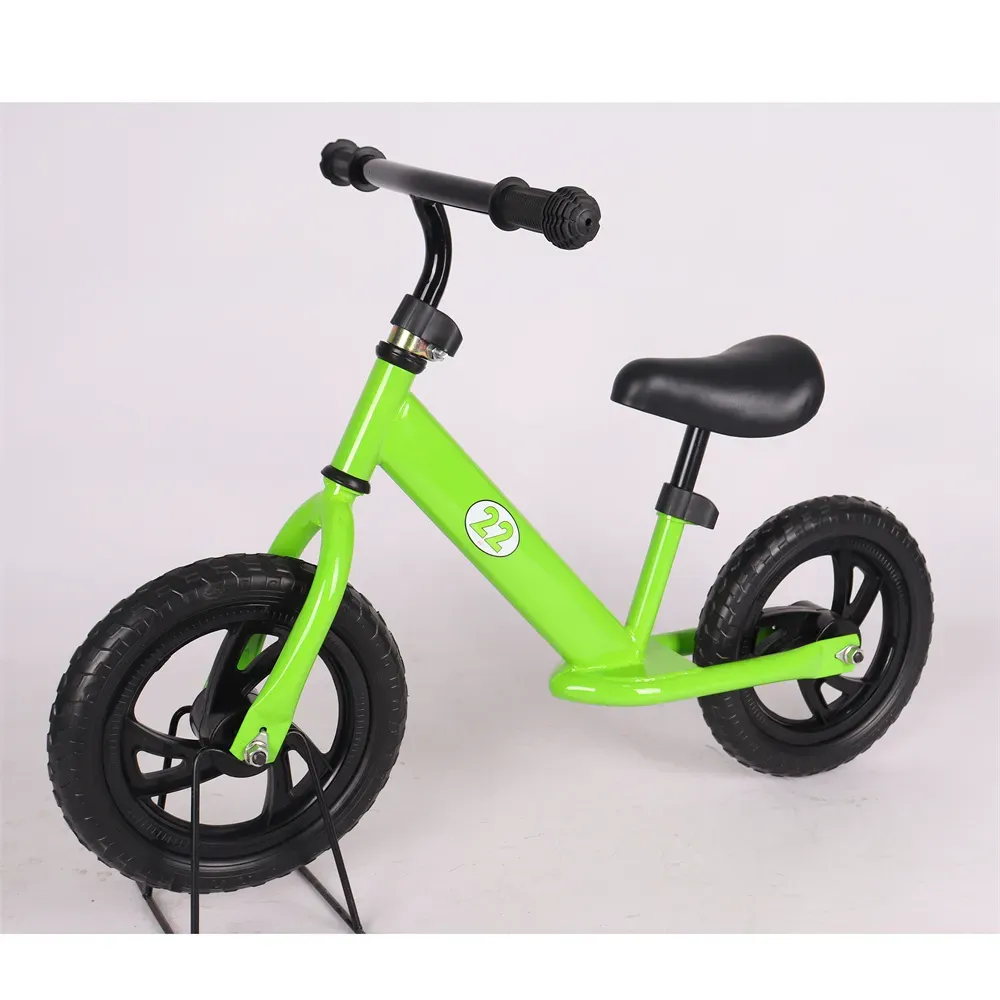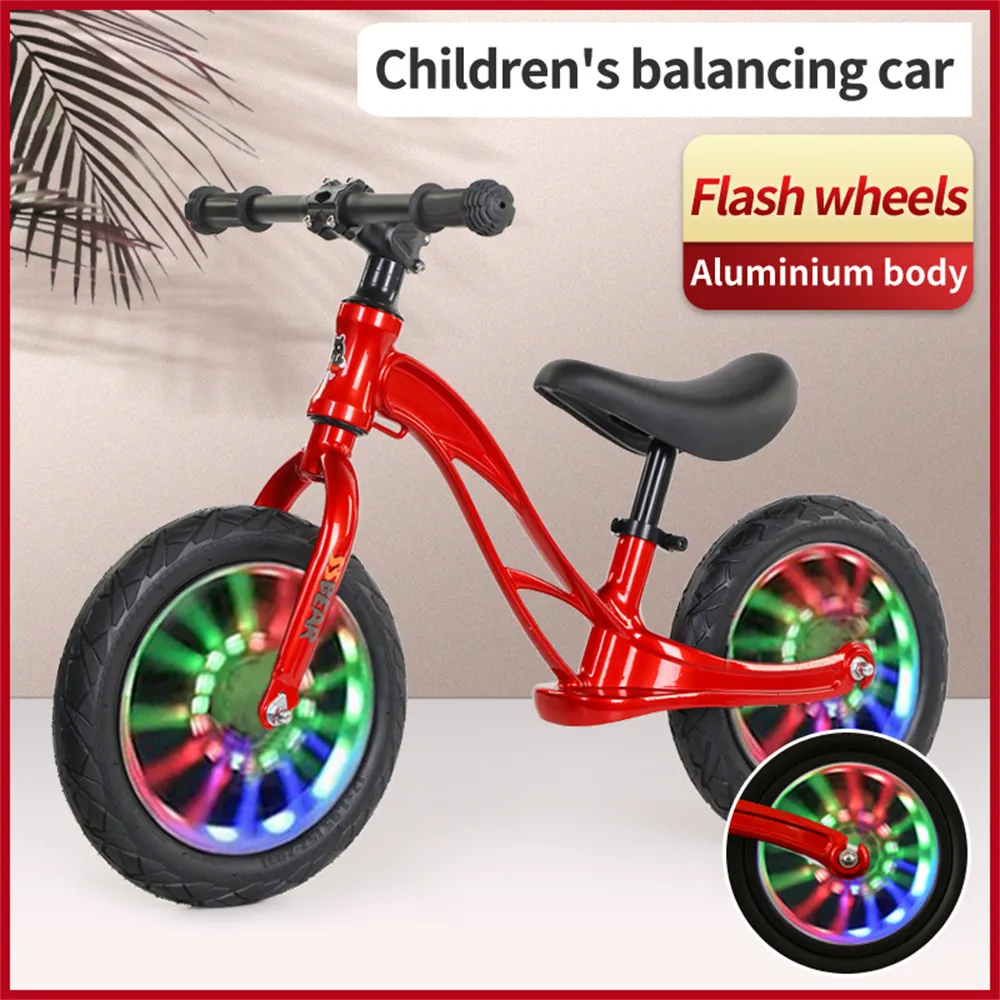Feb . 16, 2025 10:54
Back to list
wholesale OEM 3-8 year kids bike children bicycle kids sports bike for girls boys with basket
Measuring the right bike size for kids is critical for ensuring a child's comfort and safety. As they embark on their cycling adventures, having a bike that fits correctly can enhance their experience, prevent accidents, and foster a lifelong love of cycling. This guide, grounded in expertise and practical experience, will help parents and guardians navigate the process of selecting the perfect bike size for children.
- 12-inch wheels Suitable for children 2-4 years old or 30-39 inches tall. - 14-inch wheels Good for children 3-5 years old or 37-44 inches tall. - 16-inch wheels Ideal for 4-6 year olds or 41-48 inches tall. - 20-inch wheels For kids 5-8 years old or 45-54 inches tall. - 24-inch wheels Suited for children 7-11 years old or 50-60 inches tall. It's crucial to note that these recommendations can vary depending on the child's proportions, biking ability, and comfort level. Always prioritize your child's feel and comfort over strict adherence to age or height charts. Importance of Test Riding Nothing beats seeing your child on the bike to ensure an accurate fit. A test ride helps assess the child's ability to reach the pedals at the bottom of each pedal stroke and stand over the bike comfortably. Check that your child can steer easily and squeeze the brakes without stretching. If possible, visit a local bike shop to let your child try different sizes and receive advice from knowledgeable staff, enhancing your decision with authoritative counsel. Adjusting the Bike Don’t forget that bikes come with adjustable features. Seat height, for instance, should be adjusted so that with the pedal at its lowest point, the child’s leg is almost fully extended with slightly bent knees. Handlebars can usually be adjusted vertically and horizontally to ensure a comfortable reach. Building Confidence and Trust A proper bike fit facilitates enjoyment and safety, fostering confidence. Remember that children might need a few practice sessions to get used to their new bike. Encourage gradual improvement and celebrate milestones to enhance their biking experience and trust in their abilities, converting biking into a joyous and empowering activity. By following these instructions based on expert insights and real-world experience, you ensure your child’s biking adventures are both enjoyable and safe, building foundational skills and joy that last a lifetime.


- 12-inch wheels Suitable for children 2-4 years old or 30-39 inches tall. - 14-inch wheels Good for children 3-5 years old or 37-44 inches tall. - 16-inch wheels Ideal for 4-6 year olds or 41-48 inches tall. - 20-inch wheels For kids 5-8 years old or 45-54 inches tall. - 24-inch wheels Suited for children 7-11 years old or 50-60 inches tall. It's crucial to note that these recommendations can vary depending on the child's proportions, biking ability, and comfort level. Always prioritize your child's feel and comfort over strict adherence to age or height charts. Importance of Test Riding Nothing beats seeing your child on the bike to ensure an accurate fit. A test ride helps assess the child's ability to reach the pedals at the bottom of each pedal stroke and stand over the bike comfortably. Check that your child can steer easily and squeeze the brakes without stretching. If possible, visit a local bike shop to let your child try different sizes and receive advice from knowledgeable staff, enhancing your decision with authoritative counsel. Adjusting the Bike Don’t forget that bikes come with adjustable features. Seat height, for instance, should be adjusted so that with the pedal at its lowest point, the child’s leg is almost fully extended with slightly bent knees. Handlebars can usually be adjusted vertically and horizontally to ensure a comfortable reach. Building Confidence and Trust A proper bike fit facilitates enjoyment and safety, fostering confidence. Remember that children might need a few practice sessions to get used to their new bike. Encourage gradual improvement and celebrate milestones to enhance their biking experience and trust in their abilities, converting biking into a joyous and empowering activity. By following these instructions based on expert insights and real-world experience, you ensure your child’s biking adventures are both enjoyable and safe, building foundational skills and joy that last a lifetime.
Latest news
-
Baby Balance Bike OEM Service – Kids No-Pedal, LightweightNewsNov.10,2025
-
OEM Kids Bike Children Bicycle – Cheap Wholesale BicyclesNewsNov.10,2025
-
Kids Bike New Model 12–18 inch Boys & Girls Bike, AdjustableNewsNov.10,2025
-
China Cheap Price Safe Kids Bike for 10yo w/ Training WheelsNewsNov.10,2025
-
China CE-Certified Kids Balance Bike, Guaranteed QualityNewsNov.10,2025
-
Colorful Outdoor Flashing Carton Children Scooter for KidsNewsNov.10,2025
-
Best Price Kids Balance Bike – Superior Quality, No PedalsNewsNov.10,2025








